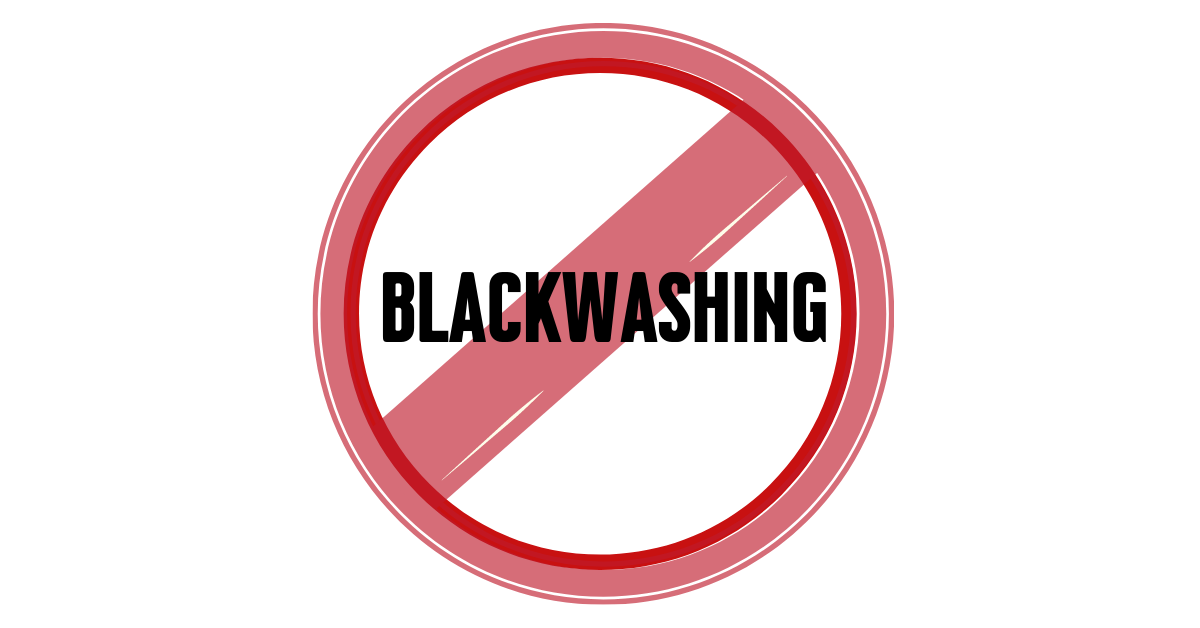Recently, there were ‘shouts of joy’ as Halle Bailey gets to play the lead role in the “Little Mermaid” movie, with many people applauding this development. In contrast, few others shared their subtle reservations on the clear case of blackwashing involving black characters on ‘white’ screens.
Blackwashing involves using more black characters in place of white characters in a movie to increase the representation of the black community. While the aim may be different, the action revolves around using black characters, especially in roles meant for white characters. A typical example is the starring of David Gyasi and Hakeem Kae-Kazim as Achilles and Zeus, respectively, in Troy: Fall of a City.

When the issue of blackwashing was raised in the case of the Little Mermaid movie set to be released in 2023, a lot of people, mainly from the black community, waved it off, stating various reasons to prove their points. For starters, they argued that the role cuts across multiple cultures; hence it was wrong to assume that only a white person or character could play that role.
While various cultures, for example in Africa, refer to female spirits that live in water, they have never been graphically illustrated to depict the half-fish-half human character, which from the days of comics has always been played by a white teenage young lady.
The following line of argument is that white men have continuously played white characters in roles that either black or other minorities should have played. For instance, the lead character in Prince of Persia: Sands of time was played by Jake Gyllenhaal, whose facial features obviously do not correspond with that of the traditional middle eastern. Owing to the fact that this has been going on, it is wrong to call out Disney for blackwashing.
Then, there are some that believe that there is no such thing as blackwashing, as black people need to be ‘compensated’ in any way or form for the persecution they have suffered from slavery, racism, and so on.
While these arguments may give the impression of validity, they are, at best sentimental and completely unfounded. While the Whiteman may have encouraged whitewashing over the years, it does not mean that we should toll that same lane. Aside from the fact that two wrongs cannot make a right, you cannot be part of a story that is not yours.
Starring black characters in movies that are predominantly about a culture that is not ours, all in the name of creating more representation of the black community or running an affirmative action policy to include blacks as minorities, end up taking away our identity, letting our children and children’s children wonder what indeed our culture or story looks like.
While this has been established, it is important to state where the black man belongs in a white man’s story. Aside from blackwashing, it is essential to know where black characters belong on white screens. It has been established that we can feature in their movies, just as they can in ours.
However, just as we must avoid blackwashing, we must also ensure that our roles are not derogatory and safe for the fact that such would tell our story. We should not star in movies on white screens that involve their culture, which we are not part of. Our roles in their films should not be one that would bring ridicule to the community or the black race at large, but one which tells our story as it is/was.
In conclusion, blackwashing could be as dangerous and destructive as black characters playing roles that do not adequately identify with them on white screens. We have to understand that this goes far beyond just mere entertainment. Issues such as this could end up redefining our entire heritage in years to come.
Read Also – Keke Palmer Addresses Zendaya Comparison And The Conversation On Colorism









